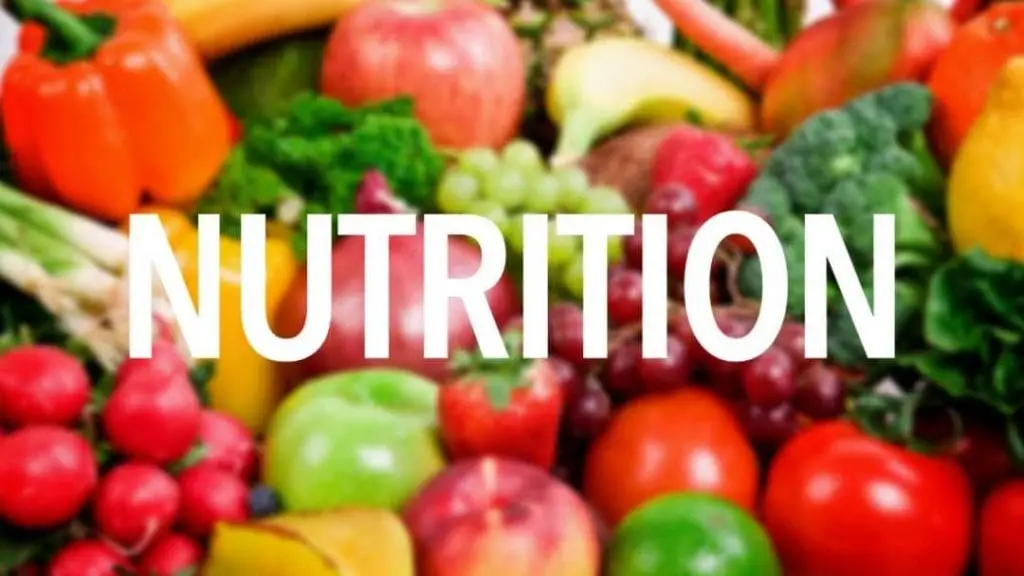
We all know the importance of eating healthy. The internet constantly reminds us to load up on nutrient-rich kale, quinoa, or green smoothies. But what happens when the foods you’re eating for their health benefits leave you gagging with every bite or dreading your next meal?
You might think the worst outcome is a bad mood, but the truth runs deeper than that. In fact, consuming foods you dislike in the name of health can actually disrupt your hormones and impact your overall well-being.
How Disliked Foods Trigger Stress?
Imagine this scenario where you’re forcing down a bowl of quinoa salad you find bland and unappetizing, but you convince yourself it’s good for your body. While your plate may look healthy, your brain and body may have a different perspective. When you eat food you actively dislike, it creates psychological stress. This mental strain then triggers your body’s fight-or-flight response, leading to the release of hormones like cortisol and adrenaline.
Elevated cortisol levels are often associated with various negative effects, including fatigue, irritability, and even weight gain over time. What’s worse, these stress hormones can interfere with digestion, making it harder for your body to absorb nutrients from this so-called healthy meal. Essentially, your disliked food might not even be delivering the full benefits you hoped for.
The Hormonal Crash of Post-Food Regret
That sense of guilt or regret after eating a food you hate can also lead to hormonal imbalance. A meal that feels forced or joyless dampens the release of endorphins and dopamine, the hormones responsible for making us feel happy and satisfied. Instead of walking away from your meal feeling refueled or energized, you’re left with irritability and frustration. Over time, this pattern can impact your emotional relationship with food, leaving you feeling trapped in a cycle of resenting mealtime.

This hormonal imbalance can also sabotage your efforts to maintain a “healthy” eating plan. When your meals fail to satisfy you emotionally, your brain will still crave something that does. This could lead to mindless snacking, emotional eating, or even binge episodes later in the day, as you search for the pleasure your earlier meal didn’t provide.
Respecting Both Nutrition and Joy
Healthy eating doesn’t have to come at the expense of your happiness or hormones. Striking a balance between nutritious food and meals you actually enjoy is critical for overall health. The key is to find ways to incorporate healthy ingredients without sacrificing the excitement and pleasure of eating.
Tips for More Balanced and Enjoyable Healthy Eating
Experiment with Flavors
The way you prepare a food can make all the difference. Don’t enjoy plain vegetables? Try roasting them with olive oil, spices, or a sprinkle of cheese. Hate the taste of kale? Blend it into a smoothie with sweet fruits like banana or mango.
Swap, Don’t Suffer
If you dislike certain trendy “superfoods,” find alternatives with similar nutritional benefits. For instance, if quinoa isn’t your thing, try farro or barley. If kale is too bitter, spinach or arugula might be more palatable.
Practice the 80/20 Rule
Aim to eat healthily 80% of the time while leaving room for foods you truly love. This balance ensures you’re satisfied both nutritionally and emotionally.
Make Small Changes Over Time
Instead of forcing yourself to overhaul your entire diet all at once, make gradual shifts. Introduce new ingredients alongside familiar favorites, and give your taste buds time to adapt.
Listen to Your Body
Pay attention to how different foods make you feel, not just physically, but emotionally. If eating something leaves you miserable, it’s not the right path to long-term well-being.
Conclusion
While eating nutritious food is vital for a healthy lifestyle, forcing yourself to eat something you dislike can lead to unintended hormonal and psychological consequences. Meal times should nourish your body and bring joy to your day. So, the next time you’re tempted to choke down a meal you hate in the name of health, remember that balance, variety, and enjoyment are just as important as nutrient content.
How Focusing on One Nutrient Can Harm Your Diet?
April 27, 2025How Simple Meals Lead to Better Nutrient Uptake?
April 23, 2025
Leave a reply Cancel reply
-
How Focusing on One Nutrient Can Harm Your Diet?
April 27, 2025




